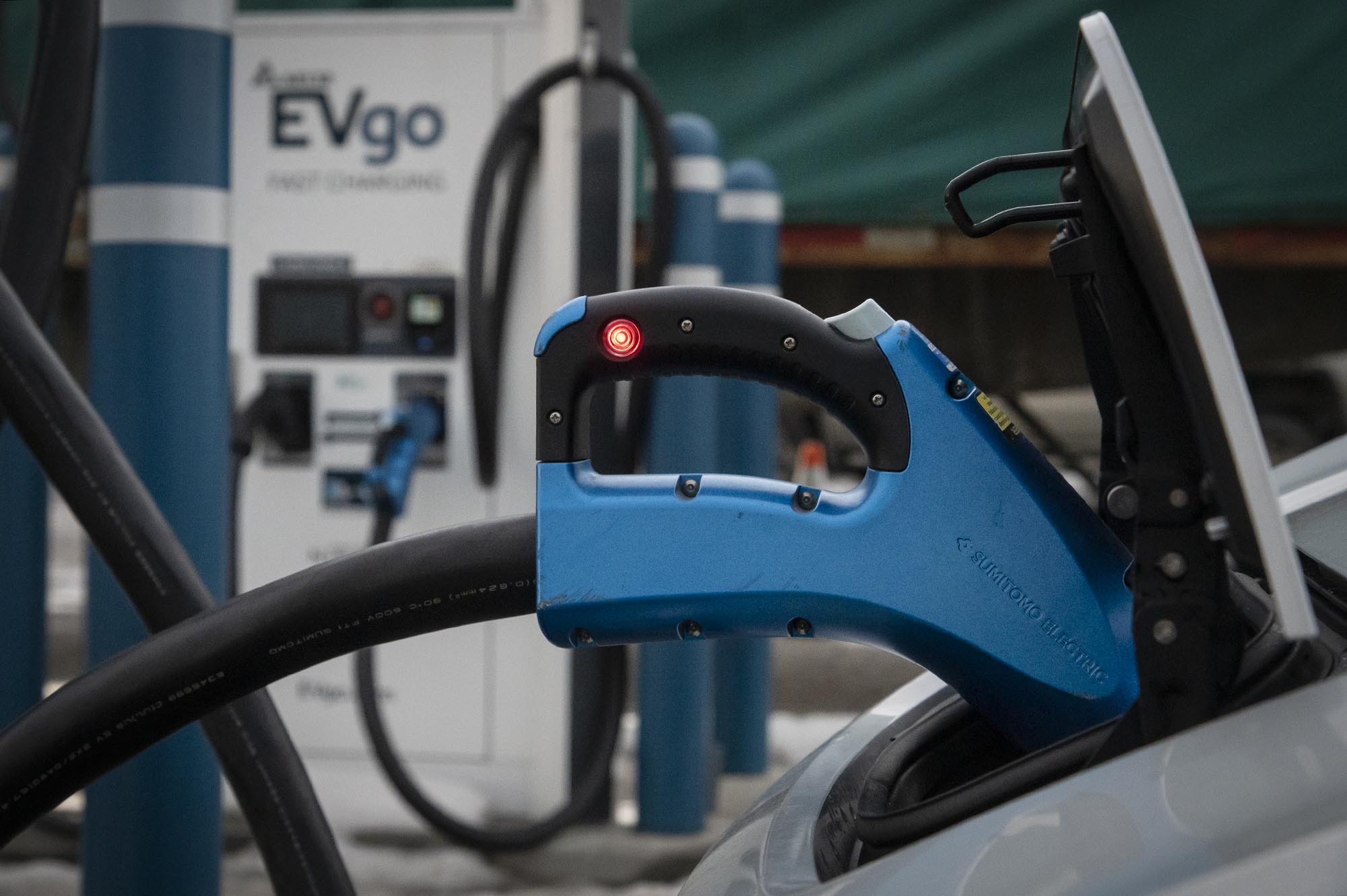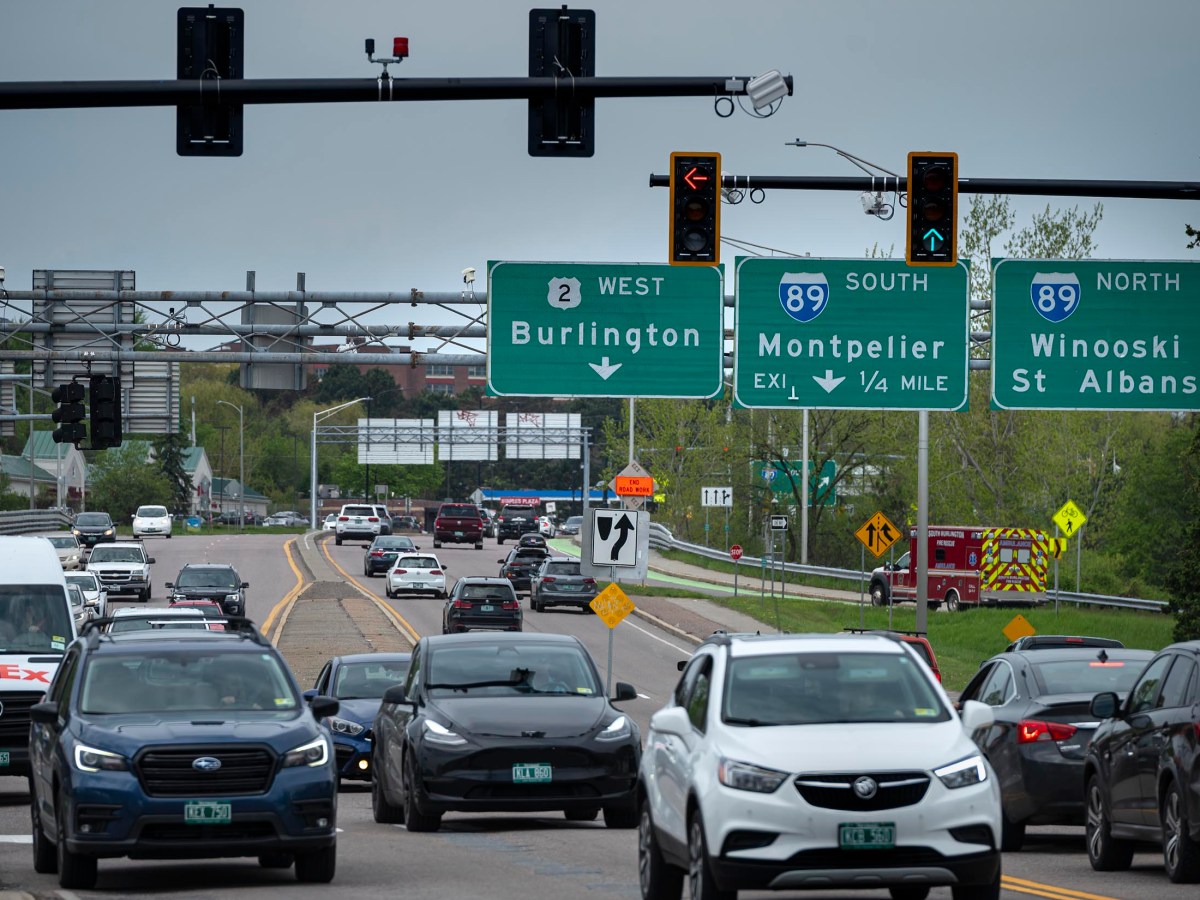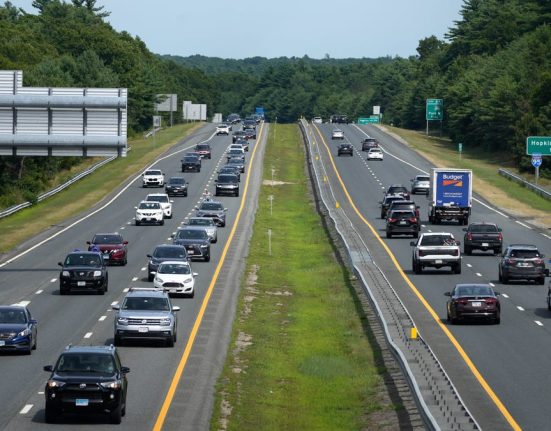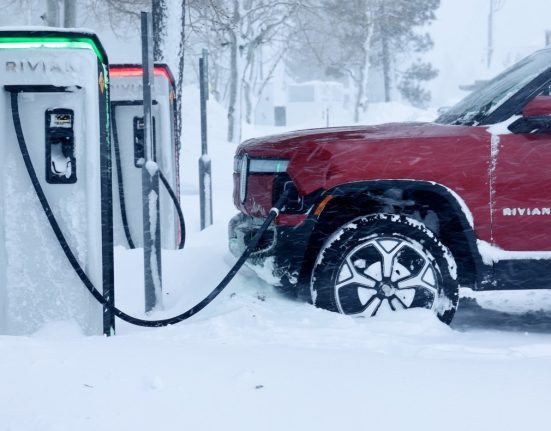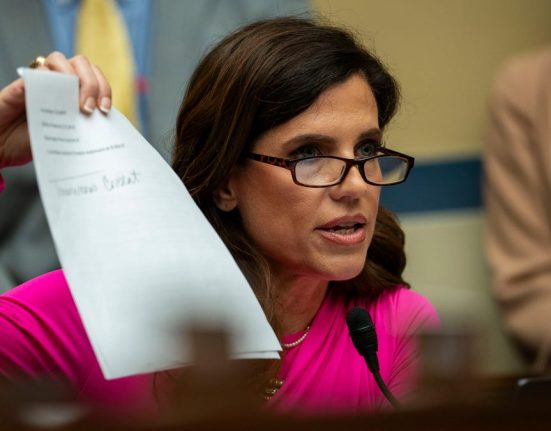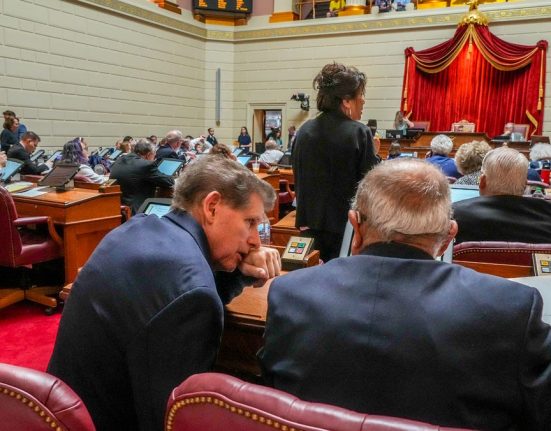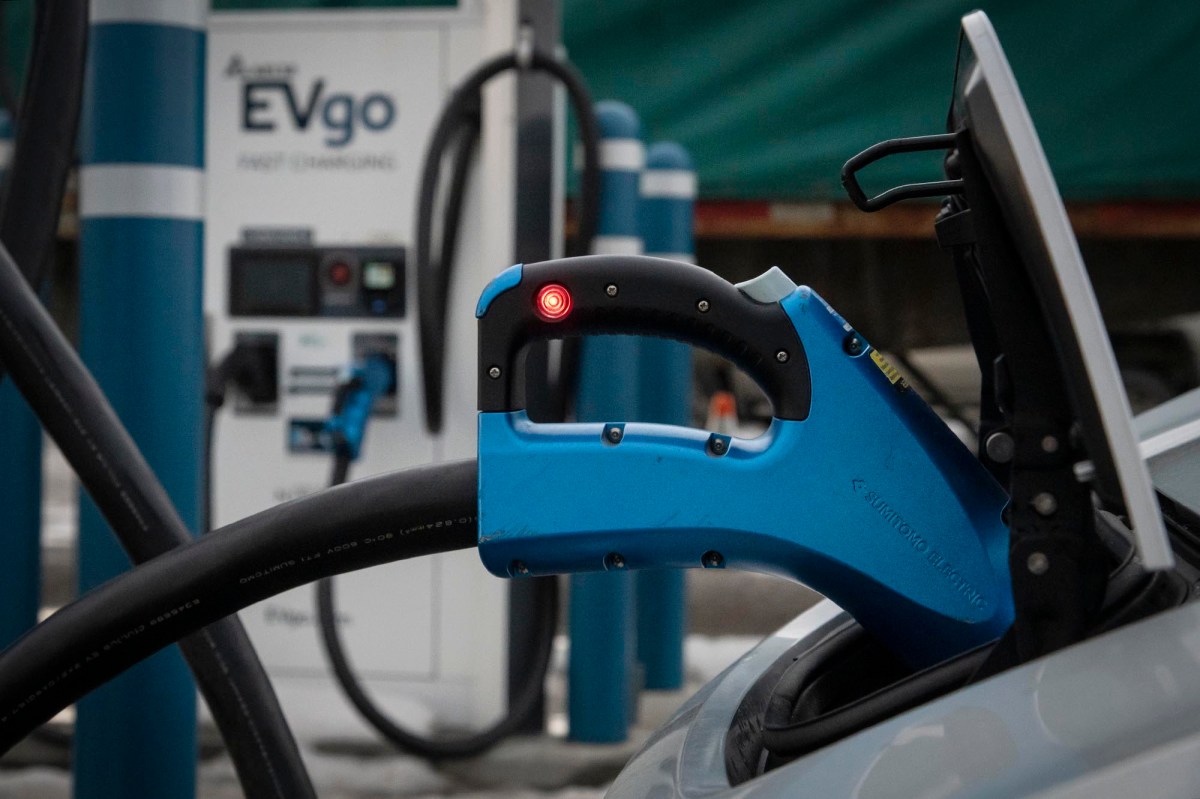
Vermont is taking steps to resume a long-planned buildout of electric vehicle chargers along its major highways after federal funding for the project was stripped away — and then, recently, made available again — by President Donald Trump’s administration.
In February, the U.S. Department of Transportation suspended funding for the National Electric Vehicle Infrastructure, or NEVI, program, which was created under President Joe Biden’s 2021 bipartisan infrastructure law. In Vermont, that meant almost $16 million in funding was thrown into limbo, $9 million of which had already been committed to help build high-speed chargers in 11 communities around the state.
But earlier this month, the Trump administration changed course — albeit, it seems, reluctantly. Transportation Secretary Sean Duffy wrote in an Aug. 11 press release that states could access program funding, again, if they submitted new plans on how they would use the money. The department also revised some of the program’s guidance in an effort to get more chargers built, more quickly, the secretary said in the release.
READ MORE
“While I don’t agree with subsidizing green energy, we will respect Congress’ will and make sure this program uses federal resources efficiently,” Duffy said.
The new guidance strips requirements created by the Biden administration that states engage with “rural, underserved, and disadvantaged communities” when deciding where to locate new charging stations, Duffy said, as well as stipulations that the charging network plans provide “opportunities for the participation of small businesses, including minority-owned and women-owned small businesses,” among other changes.
Vermont has submitted a new application for federal funding for the 11 charging stations as it had them planned out earlier this year, Rachel Noyes, a spokesperson for the state’s Agency of Transportation, said in a statement Monday.
Andrea Wright, the agency’s environmental policy manager, said in April that two of those projects — in Randolph and Wilmington — could move forward regardless, using state dollars. But work was put on hold for the other nine, even though contractors had already been awarded bids, she had said.
The other projects include charging sites in Bennington, Berlin, Brattleboro, Manchester, Middlebury, Rutland, South Burlington, St. Albans and White River Junction. Chargers would be located along Interstates 89 and 91, as well as U.S. 7 and VT-9.
Meanwhile, one charging project in Bradford funded by the program was already completed, more than a year ago, before the funding was put on pause.
Robb Kidd, director of the Vermont chapter of the national environmental advocacy group Sierra Club, said the state desperately needs more chargers along its major travel corridors to encourage more people to purchase electric vehicles over gas cars.
Fast public chargers are important not just for people driving through and around the state, he said, but also for Vermonters who don’t have access to that infrastructure at home, often because they live in an apartment or other types of multifamily housing.
“We see it as a critical component to making sure that everybody can access reliable and high-speed charging, no matter where they are,” Kidd said Monday.
He added that the Trump administration’s reversal is significant, too, because it comes as other federal support for EV adoption continues to be slashed. That includes, as of Sept. 30, a planned end to up to $7,500 in federal tax credits that is available on new EV purchases. The tax credit elimination was part of the sweeping Republican-led tax and spending bill Trump signed into law in July.
Meanwhile, VTrans’ Wright noted in an email that the tax and spending bill also nixes, starting in July 2026, a federal tax credit for EV charging equipment — something that could drive up costs for the vendors the state had been planning to work with on the charger buildout.
Vermont was one of 16 states, along with Washington, D.C., that challenged the Trump administration’s decision to hit the brakes on funding for new EV chargers in federal court in May. A judge later ordered the administration to release the grant funding to most, though not all, of those states. Vermont, Minnesota and Washington, D.C., were not included because they did not show that they would face “irreparable harm” if the funding remained frozen, the federal judge decided.
Colorado Attorney General Phil Weiser, who is leading the joint lawsuit against the funding pause, told NPR this month that news of the money being available again was “encouraging” but said it did not mean the immediate end of the states’ legal challenge.
In a statement Monday, Amelia Vath, a spokesperson for Vermont Attorney General Charity Clark’s office, said Clark would “continue to monitor the progress of the case to ensure Vermont’s interests are protected.”

